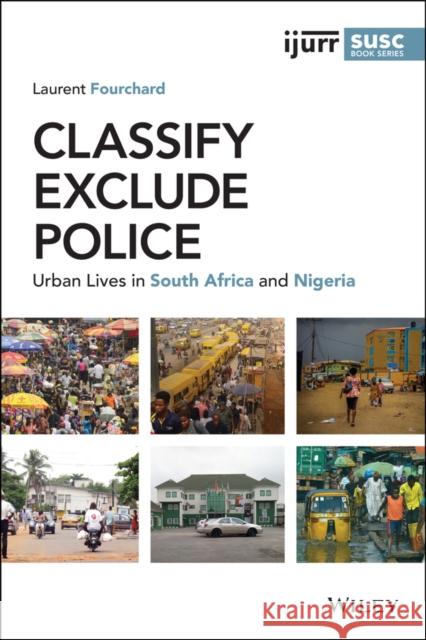Classify, Exclude, Police: Urban Lives in South Africa and Nigeria » książka
topmenu
Classify, Exclude, Police: Urban Lives in South Africa and Nigeria
ISBN-13: 9781119582649 / Angielski / Miękka / 2021 / 304 str.
Classify, Exclude, Police: Urban Lives in South Africa and Nigeria
ISBN-13: 9781119582649 / Angielski / Miękka / 2021 / 304 str.
cena 102,01
(netto: 97,15 VAT: 5%)
Najniższa cena z 30 dni: 101,59
(netto: 97,15 VAT: 5%)
Najniższa cena z 30 dni: 101,59
Termin realizacji zamówienia:
ok. 30 dni roboczych
Bez gwarancji dostawy przed świętami
ok. 30 dni roboczych
Bez gwarancji dostawy przed świętami
Darmowa dostawa!
Kategorie BISAC:
Wydawca:
Wiley-Blackwell
Język:
Angielski
ISBN-13:
9781119582649
Rok wydania:
2021
Numer serii:
000990148
Ilość stron:
304
Waga:
0.45 kg
Wymiary:
22.91 x 15.19 x 1.91
Oprawa:
Miękka
Wolumenów:
01











